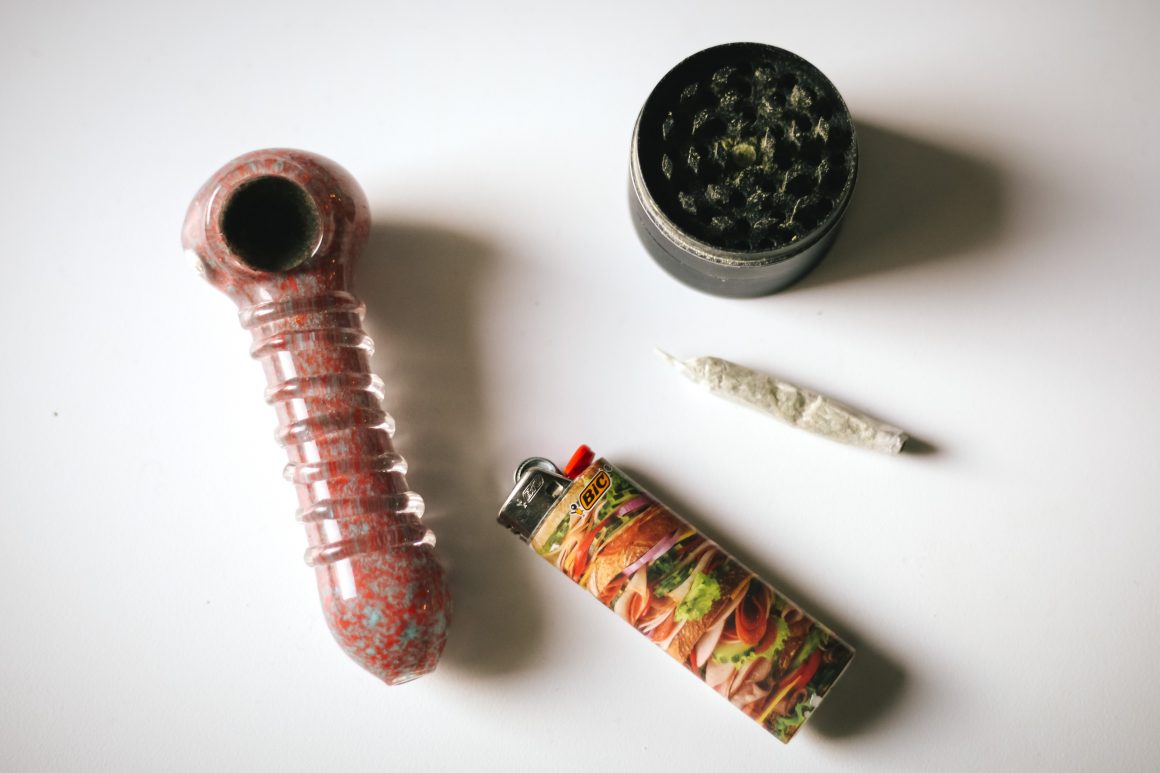
On-campus regulation hot topic ahead of marijuana legalization
By Justin Schellenberg, January 26 2018 —
The University of Calgary, in conjunction with the Students’ Union and other campus organizations, has created a cannabis working group tasked with figuring out how the future legalization of cannabis in Canada will affect the university community, as well as what policies and procedures should be implemented to control its use on campus.
“All the [organizations] are on it. It’s actually quite a big working group,” SU vice-president operations and finance Ryan Wallace said.
Deborah Book, a legal counsel for the U of C, is chair of the working group that also consists of members from the Graduate Students’ Association and representatives from residence and the university’s Ancillary Services.
The U of C released a statement on its involvement in the working group, saying that it is “actively reviewing its approach to managing legal substances on campus.”
“That effort is guided by provincial rules and regulations, including proposed rules regarding the possession and use of legal cannabis,” the statement read.
Wallace said the SU is referring to data provided by the American College Health Association’s National College Health Assessment (NCHA) for statistics on cannabis use on college campuses.
The NCHA Spring 2017 Executive Summary found that a nearly 40 per cent of students surveyed have used marijuana, with 20 per cent having used marijuana in the last 30 days.
“We have an idea of numbers, but we also acknowledge the fact that there are students that don’t want to be around it,” Wallace said. “It’s trying to find that balance. That’s what we’re trying to work on.”
When asked about how cannabis use should be regulated on campus, most students were in favour of allowing it in some form, with many comparing the use of marijuana to that of alcohol consumption.
“I think there is enough scientific evidence to prove that it’s safer than alcohol, so I don’t think that it should be regulated any stricter than alcohol,” said Shetin Adams, a first-year international relations student. “If anything, they should be the same.”
Graduate studies education student Alexander Hoover also said that it should be allowed on campus and regulated in a similar fashion to the way alcohol is.
“If you could make a specific area for it where it is controlled, I could see that being fine,” Hoover said.
Adams and Hoover both said they would not be opposed to cannabis being sold on campus.
“If it’s at the Den or at a sports event, then I don’t see a problem with it, just the same as getting a beer,” Adams said.
According to Wallace, the SU is not looking into selling marijuana products on campus.
“We don’t sell tobacco products, we don’t sell those kinds of things, so we don’t have any plans of starting to sell cannabis,” Wallace said.
Cannabis in Alberta: What you need to know
The Canadian federal government has committed to the legalization of recreational marijuana use and the House of Commons has passed Bill C-45, outlining how legalization will be implemented.
Most of the implementation is now left in the hands of the provinces, with each required to pass their own legislation. Only Ontario has completed this, though most provinces have provided a framework for how legalization will look.
Alberta is in the process of passing Bill 26, which is the legislation that will be used to regulate the distribution and selling of cannabis in the province.
The Alberta Gaming and Liquor Commission will be in charge of the distribution of cannabis, but unlike most other provinces, private businesses will be allowed to sell marijuana in a retail environment.
The legal age to purchase marijuana will be 18 and there will be no limit on how much cannabis can be possessed by an individual.
Albertans will not be allowed to smoke or vape cannabis anywhere that tobacco use is currently prohibited. This includes around sports or playing fields, skate parks, outdoor pools or hospitals or school property.
Marijuana cannot be consumed in vehicles unless they are deemed a temporary place of residence. The transportation of marijuana in vehicles is governed by the same rules as alcohol, in that it must be safely stowed and cannot be within reach of the driver.
Up to four marijuana plants will be permitted to be grown in private residences for personal consumption, though the growth of plants outside will be prohibited. Also, landlords of rental units are free to implement their own rules and stipulations on growing plants in their residences.
Albertans can expect to see Bill 26 passed in time for the federal legalization of recreational marijuana, which will come into effect no later than July 2018.
The U of C is also hosting Clearing the Smoke, “a discussion on cannabis as Canada prepares for legalization,” on Feb. 6 at 5:30 p.m. in the Taylor Institute for Teaching and Learning. The event features researchers who will discuss the health impact and implications of the legislation.
